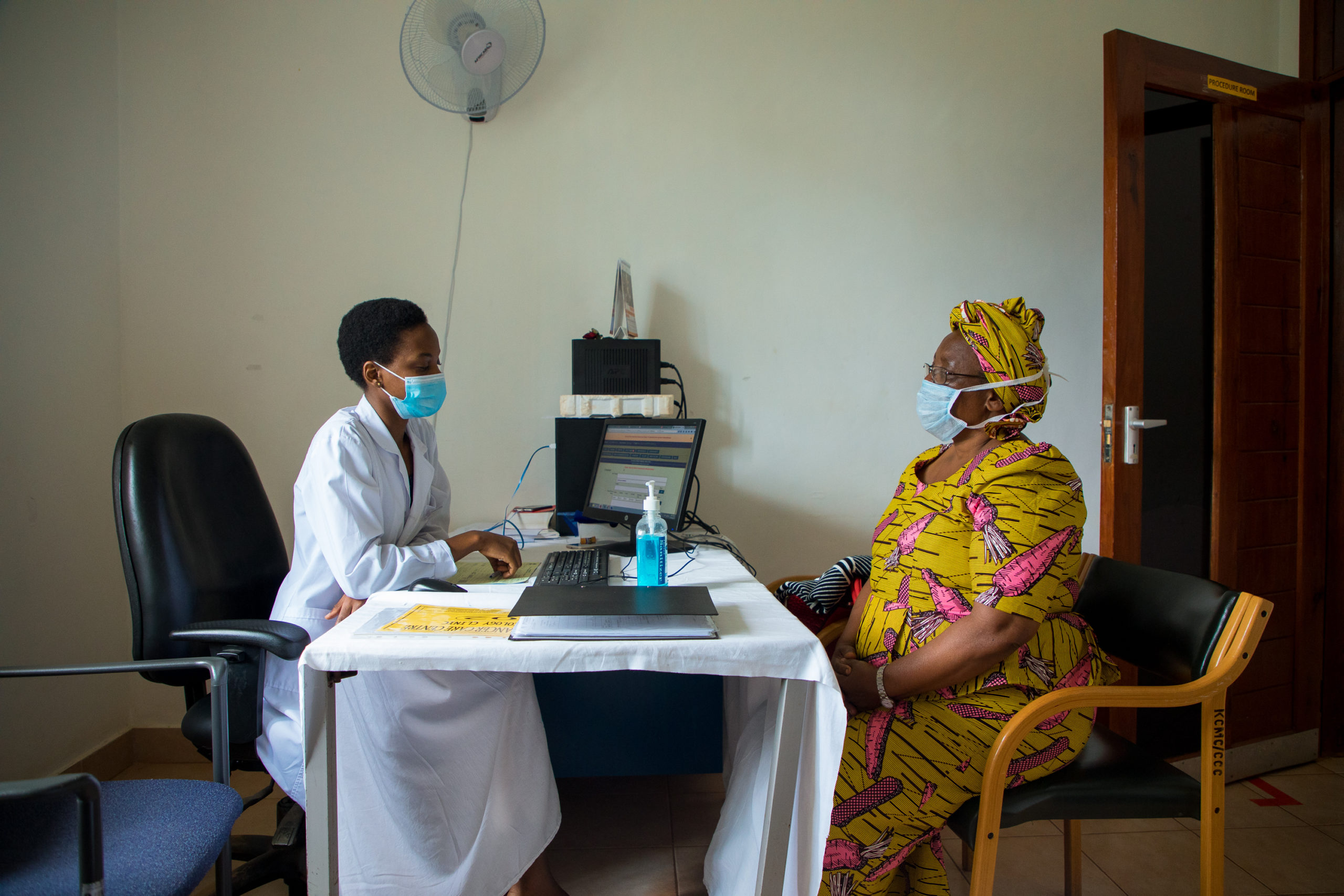By Randy Hurley MD, cTropMed
HealthPartners and Regions Hospital Cancer Care Centers
Global Health Faculty, University of Minnesota
July 20, 2022
At this month’s tumor board, three advanced and complicated cancer cases were presented, CT and MRI scans reviewed and plans of care discussed. After the hour-long meeting, we were informed that our KCMC colleagues had six other colorectal cancer cases that they would like to discuss but unfortunately time did not allow. It reminds me that investing in cancer services in low-income countries is equally important as bolstering the primary care system since the burden of cancer is already astounding and will only increase in the next decade.
A case of a 14-year-old girl with metastatic rectal cancer was presented. The median age of onset of colorectal cancer world-wide (previously age 60s) is becoming younger and younger in age, however colorectal cancer in adolescents is decidedly rare. Likely a combination of epidemiologic factors such as genetic predisposition, chronic inflammation and changes in gut microbiome have contributed to this shift in age of onset.
A second case involved a 52-year-old woman with locally advanced triple negative breast cancer. She initially had surgery in Dodoma Tanzania and was referred to the Cancer Center at KCMC for adjuvant Adriamycin, Cytoxan, and Taxol chemotherapy. Dodoma is the capital of Tanzania but does not have a cancer center. This patient had to travel a distance of 500 km from Dodoma to receive care at KCMC in Moshi. She completed 6 months of chemotherapy only to develop a contralateral cancer in her right breast as well. Breast cancer is the second leading cause of cancer deaths in women in Tanzania (as it is here in the United States). African women have a higher incidence of unfavorable histologic subtypes of breast cancer such as triple negative breast cancer. In the United States, bilateral triple negative breast cancer is often seen in women with an inherited predisposition to breast cancer due to a mutation in the BRCA1 or BRCA2 gene. It is unknow what the frequency of these mutations are in women in sub-Saharan Africa.
The final case involved an elderly gentleman with locally advanced/unresectable prostate cancer that not only caused urinary obstruction, but also caused bowel obstruction requiring a colostomy. Although immunohistochemistry on the prostate biopsy suggested a prostate cancer primary tumor, the MRI images were more suggestive of a rectal cancer primary tumor. The patient had already initiated androgen deprivation therapy with Gosselin and bicalutamide and his PSA had improved. However, he had local tumor progression in the rectum concerning for either a small-cell transformation of prostate cancer or perhaps a separate primary rectal cancer .


